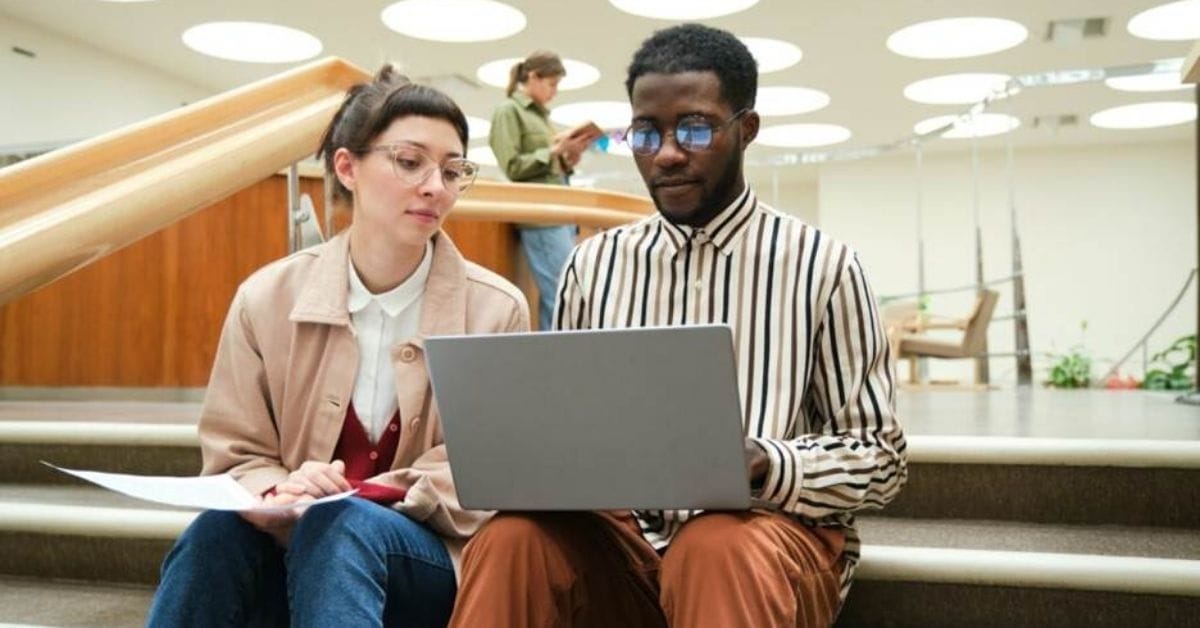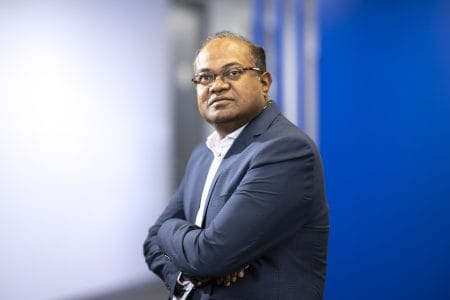AI is rewriting the rules of the global economy, and Africa isn’t in the room. Not because it lacks talent, but because the world has overlooked its role in shaping the future. Most people think of Africa as a place to expand AI. But what if it’s the place that will define how AI is built, who it serves, and what it becomes? While countries like the United States and China are investing billions into AI research, infrastructure, and talent, reshaping the global economy and the future of work, the real question isn’t who builds AI fastest, but whether Africa will have a seat at the table to shape AI for everyone.
The stakes are highest on the African continent, where the future of global work and innovation could be defined. Home to the world’s youngest population, with over 60% under the age of 25, according to the World Economic Forum, Africa also has the fastest-growing labor force globally. By 2035, more young Africans will enter the workforce each year than in the rest of the world combined.
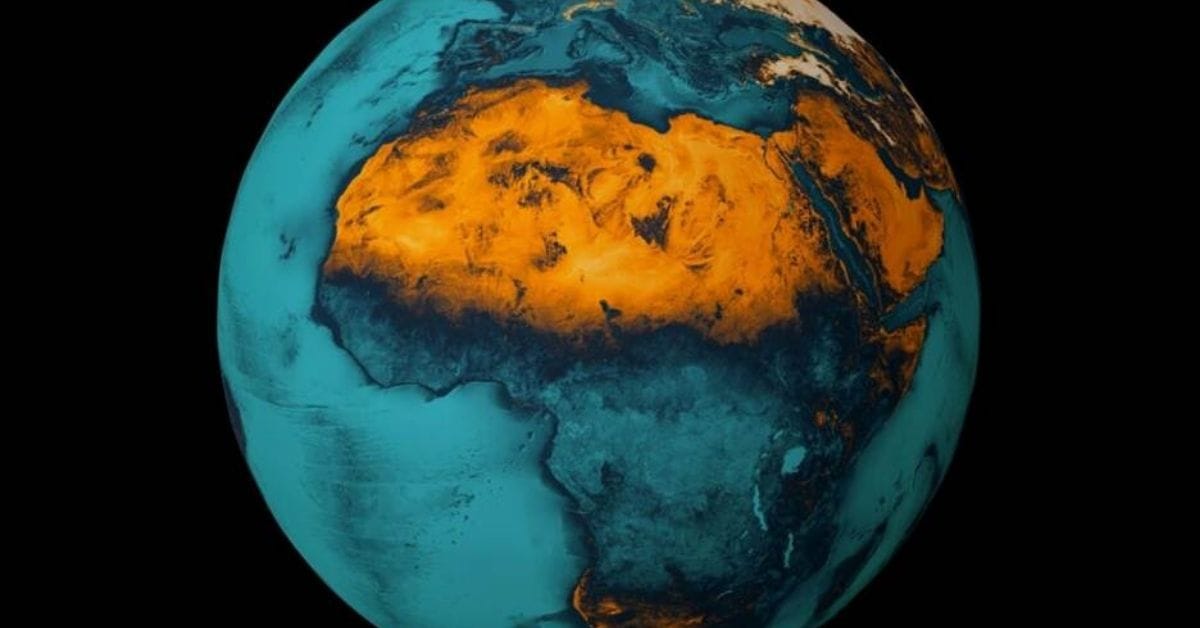
Yet despite this potential, Africa is locked out on three fronts: capital, compute, and culture. The continent receives just 0.3% of global AI investment, an astonishingly small share that risks sidelining a generation poised to redefine innovation, entrepreneurship, and global problem-solving, according to the World Economic Forum.
Currently, Africa has only 5% of the world’s AI computing resources, meaning it has far fewer of the powerful machines and systems needed to develop and run advanced AI applications compared to other regions. In practical terms, this limits the continent’s ability to train large AI models, analyze massive datasets, or deploy AI solutions at scale. It slows innovation, reduces competitiveness, and makes it harder for African developers to build AI tools that are locally relevant and globally competitive.
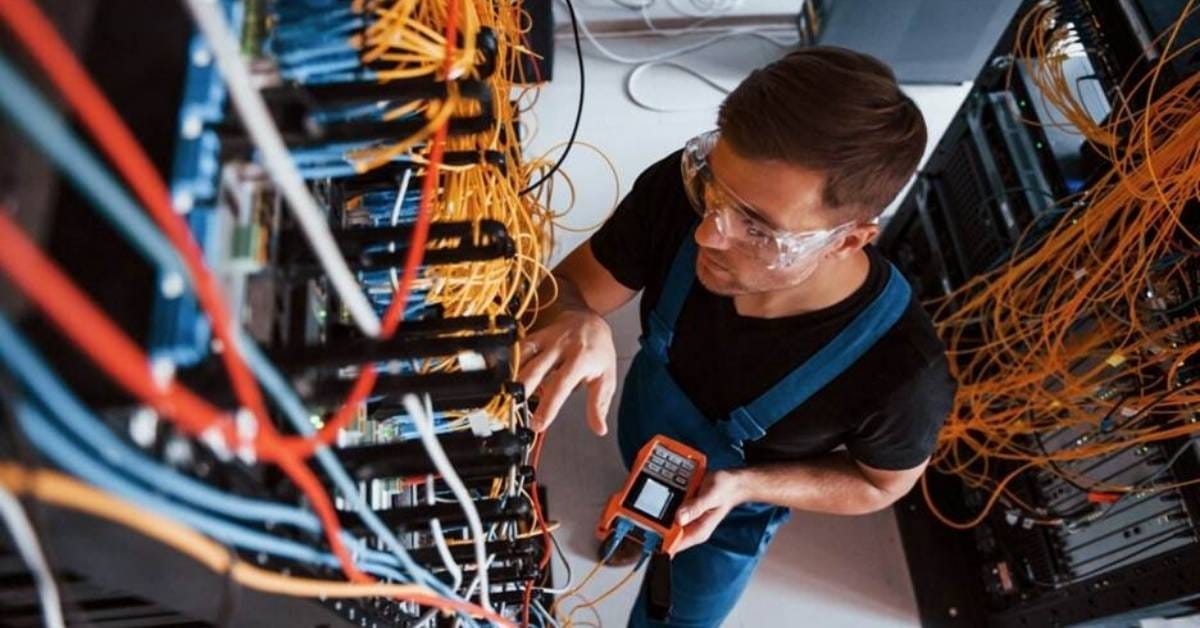
Equally concerning, African languages are vastly underrepresented online, accounting for less than 0.1% of internet content. This disparity poses challenges for the development of AI systems that are linguistically inclusive and culturally relevant. It isn’t just a linguistic oversight; it’s a signal of whose voices are training the systems that will govern everything from search engines to social services.

Africa’s moment is not a future possibility. It is now. The continent’s youth already have breakthroughs in healthcare, financial inclusion, climate resilience, and education. But barriers remain: access to advanced AI training is limited, education systems are often outdated, and global networks are restricted. Without intervention, Africa could be excluded from shaping solutions that will affect its people and the world for decades.
Africa’s AI Window Is Closing Fast
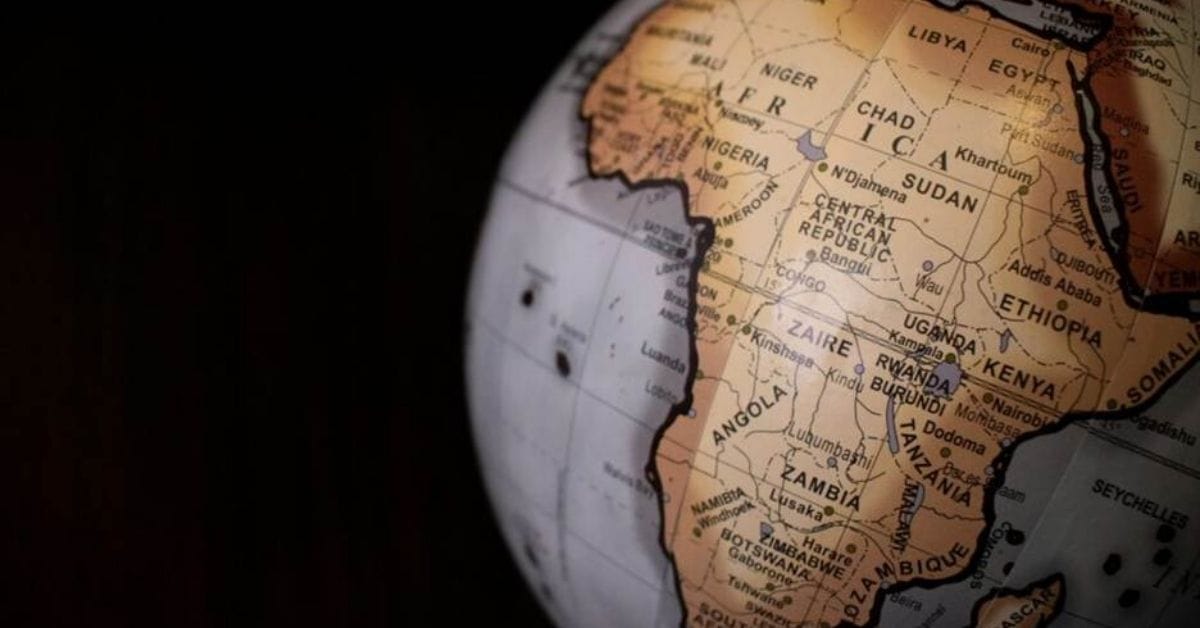
Africa’s AI market is projected to grow from approximately USD 4.5 billion in 2025 to USD 16.5 billion by 2030, driven by innovations in agriculture, healthcare, and finance. Yet this growth risks being uneven without urgent investment in the talent and infrastructure needed to realize it fully.
This gap isn’t only technical—it risks sidelining the very cultural and creative perspectives that could redefine AI’s future. As renowned global music artist Jidenna explained at the Sand Technology Evolve event, AI can “democratize dreaming,” lowering the barrier for those without traditional training, expensive equipment, or industry connections to bring their ideas to life. Incorporating African languages and cultural contexts into AI today ensures these voices and traditions are preserved for tomorrow.
Africa’s AI Potential: The World Can’t Afford to Ignore It
Investing in Africa’s AI talent isn’t just a local priority; it has ripple effects across the globe. Africa’s youth represent a growing population of innovators capable of designing AI systems that are culturally inclusive, linguistically diverse, and tailored to local realities. For instance, AI-powered health diagnostics developed by African researchers could address diseases like malaria or sickle cell more effectively, while AI tools for agriculture could optimize crop yields in ways that directly improve food security worldwide.
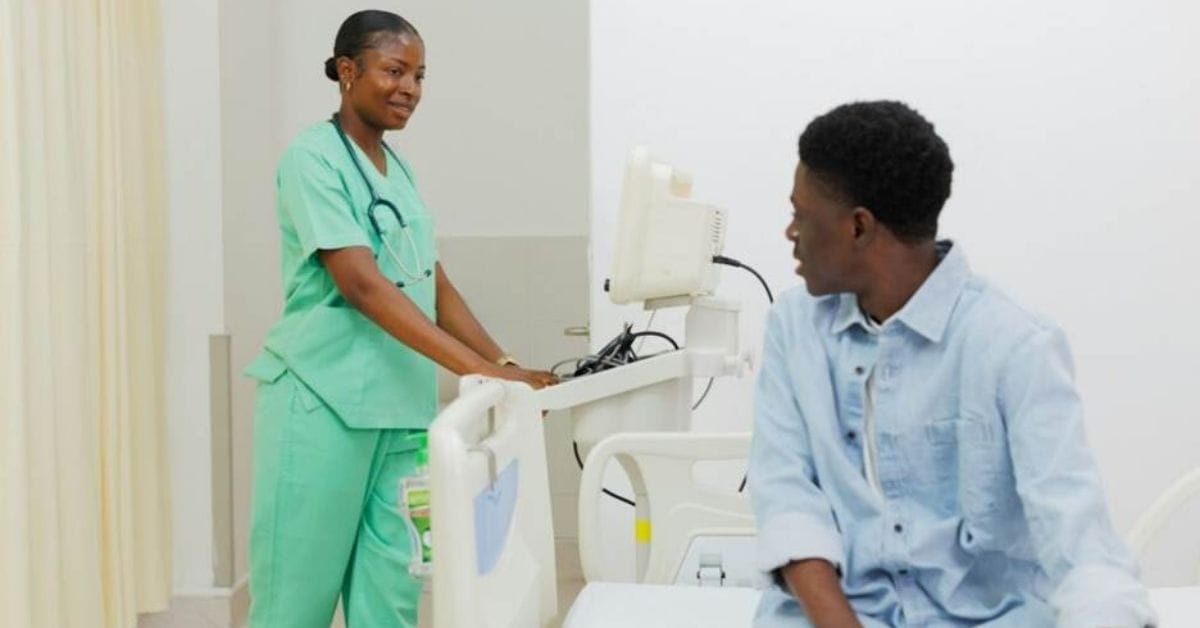
Real-world initiatives like Sand Technology’s Health Rural Health Operating System (RHOS) demonstrate the transformative power of AI at national scale. By combining data, digital tools, and AI, it helps governments and healthcare workers make smarter decisions, reach remote communities, and improve resource use, outbreak response, and health outcomes. In Rwanda, this approach has already reduced maternal deaths, optimized drug supply, and guided better infrastructure planning, showing how AI-powered health systems can create sustainable, measurable impact. The organization is now exploring bringing their unique, AI-driven approach to rural health systems in the United States. Supporting African innovators today ensures tomorrow’s AI solutions are ethical, effective, and globally relevant.
For global companies and investors, Africa represents a largely untapped pool of future-ready talent. By investing in skills development and infrastructure now, the world benefits from a pipeline of AI innovators who can tackle global challenges with fresh perspectives.
Policymakers and funders should care because nurturing Africa’s AI ecosystem could significantly advance global innovation, equitable economic growth, and international collaboration. Ignoring it risks perpetuating bias in AI systems, widening the digital divide, and missing opportunities to harness AI for sustainable development worldwide. Strategic investments now can unlock a generation of African AI innovators whose solutions will shape the future—not just for Africa, but for the world.
What Next?
If Africa is left out, AI will be biased, brittle, and less innovative. If Africa is included, the world gains 1 billion new innovators building solutions for global health, food security, and climate resilience. But unlocking Africa’s AI potential requires large-scale investment in training and upskilling millions of young Africans with technical and leadership skills, empowering local innovators and entrepreneurs with resources and networks, and expanding inclusive ecosystems that ensure women and underrepresented groups lead, not just participate, in this AI revolution.

Organizations like ALX Africa are uniquely positioned to accelerate talent development at scale. Since launch, ALX has graduated 300,000+ young Africans with future-ready skills, combining access, mentorship, and world-class training to ensure Africa’s youth are not merely consumers of technology but leaders shaping the global AI future.
This is bigger than any single institution. It’s a continental imperative. By training and empowering Africa’s young people today, donors, policymakers, and investors have a historic chance to fuel an AI revolution that is inclusive, ethical, and powered by the creativity, resilience, and leadership of the world’s youngest continent. Investors can fund the infrastructure and training that unlock scale, policymakers can design enabling ecosystems and incentives, and educators and institutions can expand programs like ALX to reach millions more.
Africa’s emergence on the global AI stage represents an unparalleled opportunity to define not only the future of work, but also the ethical, inclusive design of AI systems worldwide. The stakes are high: AI will determine who shapes societies, economies, and technology, and Africa’s next generation is ready to take its place.
To read more about Africa’s AI opportunities and challenges in today’s era, visit www.alxafrica.com and see how we are helping build an AI-ready generation of innovators and leaders.



